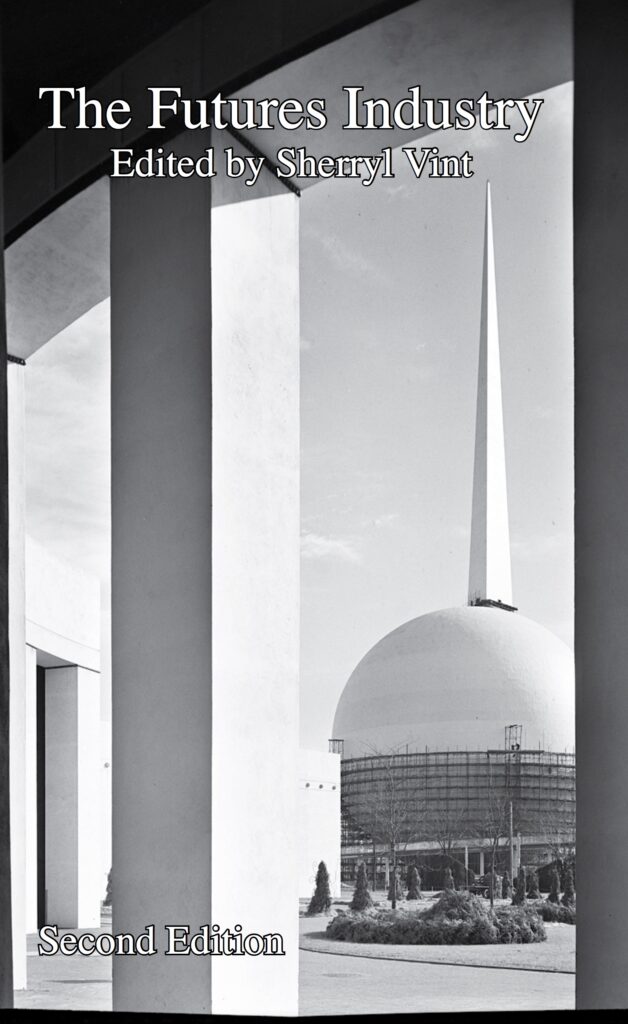Comments
“The contributors to this special issue of Paradoxa bring a rich range of views to the relationship between science fiction, capitalist realism and the political economy of future-building in our times. Resisting both naive optimism and default pessimism, the authors open up a terrain of critical futurism which offers a genuine alternative to the relentless co-optation of hope by capital.” —Arjun Appadurai, Paulette Goddard Professor of Media, Culture, and Communication, New York University. Author of Banking on Words: The Failure of Language in the Age of Derivative Finance, (2015), The Future as Cultural Fact (2012), Modernity at Large: Cultural Dimensions of Globalization (1996).
“Sf is perhaps our best set of apparatuses for tracking late capitalism into its lairs and provoking the roars and rattles that tell of its always innovative, abstractivist, still colonizing masculinities and its exuberant extinctionist corporealities masquerading as the latest digital-nano-cyber-interfaced-something-or-other. The war-besotted, technocapitalist futures industry actually works that way. Other sorts of still possible times-yet-to-come—those ethnographer Anna Tsing might describe as timeplaces for learning to nurture multispecies resurgence in capitalist ruins—are also the heart and soul of sf. A long, satisfying read among the very smart essays of The Futures Industry made me appreciate once again how essential sf is to appreciating the life-and-death struggles among present futures. I wanted to shout, again and again, “We are not posthuman; we are compost!” Read this book for essential nourishment for the timely struggle for an ethics of possibility.” —Donna Haraway, Distinguished Professor Emerita, History of Consciousness Department, UC Santa Cruz. Author of Staying with the Trouble: Making Kin in the Chthulucene (Duke University Press, Fall 2016), Manifestly Haraway (Minnesota University Press, Spring 2016), When Species Meet (Minnesota, 2008), and Modest_Witness@Second_Millennium (Routledge, 1997).
“This may seem paradoxical, but after reading The Futures Industry, I have a clear, limpid conviction that the industry will die at the hands of the future.” Bruce Sterling, author of The Difference Engine (1990), Zeitgeist (2000), Love is Strange (2012).
“The Futures Industry makes very interesting and provocative reading. If Science Fiction can only reflect the futurities implicit in our present day, a truism we owe to Wm Gibson and many others, it’s not surprising that this collection of essays and reviews is also often a tough read. But if we are doomed to live in a Dystopian Police State, rife with pollution and corruption, at least we can think clearly about our predicament, with a little help from the experts trained by our genre. Some of the futures anatomised here are, arguably, already slipping into the past. Always intriguing, often controversial; skillfully curated and introduced, this is a state-of-the-genre journal issue not to be missed. ” —Gwyneth Jones, author of Life: The Fictional Biography of a Female Scientist of Genius (2004) and Imagination/Space: Talk and Essays of Fiction, Feminism, Technology and Politics (2011).

